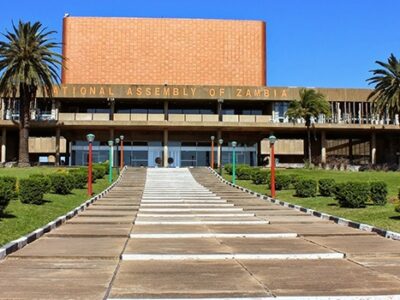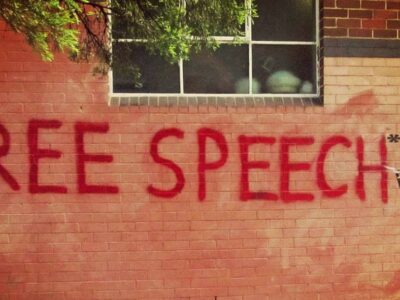The Cyber Security Act continues to elicit public discourse in the country, as a student union leader has expressed concerns on its implementation by government.
Students Union President, Obbet Chisanga, of Kapasa Makasa University situated in Chinsali District of Muchinga Province, spoke to Zambia Monitor on Thursday over the issue.
He feared that a lot of issues were often left out of the cyberspace, especially sentiments which were deemed anti-government.
Chisanga said the Cyber Security Act in its current state was a threat to individuals, organisations who now fail to express themselves freely.
When asked to share his understanding of what media freedom was and how well he understood it, Chisanga said:
“From my own understanding media freedom is the right we have been guaranteed to express ourselves freely through online platforms such as Instagram and WhatsApp. Using these other platforms like ZNBC, Diamond TV, we express ourselves freely without any limitations.”
Addressing the issue of media freedom in Zambia, he opined thus: “I might say it exists 50 percent of the time. I don’t know if it has to do with some location or areas. Here, for instance, we mostly don’t have the opportunity to express ourselves using various platforms.”
On the inclusivity of mainstream media in covering diverse voices, especially the down trodden, the rural communities, differently abled, Chisanga said there was no inclusiveness.
He felt people were not free to express themselves on governance issues without fearing the aftermath, indicating that “as Zambians I might say people are not free because sometimes one would want to express yourself, the first thing they will think of is that this one is being political.”
He added that: “They might think this one is siding with this one, maybe there is some political background, maybe there are some people who are sponsoring him or her to be saying these sort of things. On the other hand they will think you are bringing tribalism and all sort of things.”
Chisanga expressed believe that people were being intimidated each and every time.
“A very good example I can give is when we go on government official platforms and post something, it will be deleted immediately, it will not be shown to the public.
“The other thing is that when we as students are pleading for things from government and they do not grant us what we ask for and you want to come out and go to the media, it will not be published.
The reason is that they don’t want that to be heard out there as a result we can’t express ourselves,” he stated.
Additionally, Chisanga said they had an opportunity as students to speak to one of the Prime TV representative on Youth Day, so that they can express themselves but along the way, things never happened.
He faulted the introduction of taxation on online political content and expressed regret that this was going to hinder communities, individuals and interest groups from enjoying digital rights.
Chisanga, however, acknowledged that the cyber space could be a threat to individuals, such as when you find someone who imagines your secrets blackmailing or threatening to to post content about you online in order to discredit you.
WARNING! All rights reserved. This material, and other digital content on this website, may not be reproduced, published, broadcast, rewritten or redistributed in whole or in part without prior express permission from ZAMBIA MONITOR.












Comments